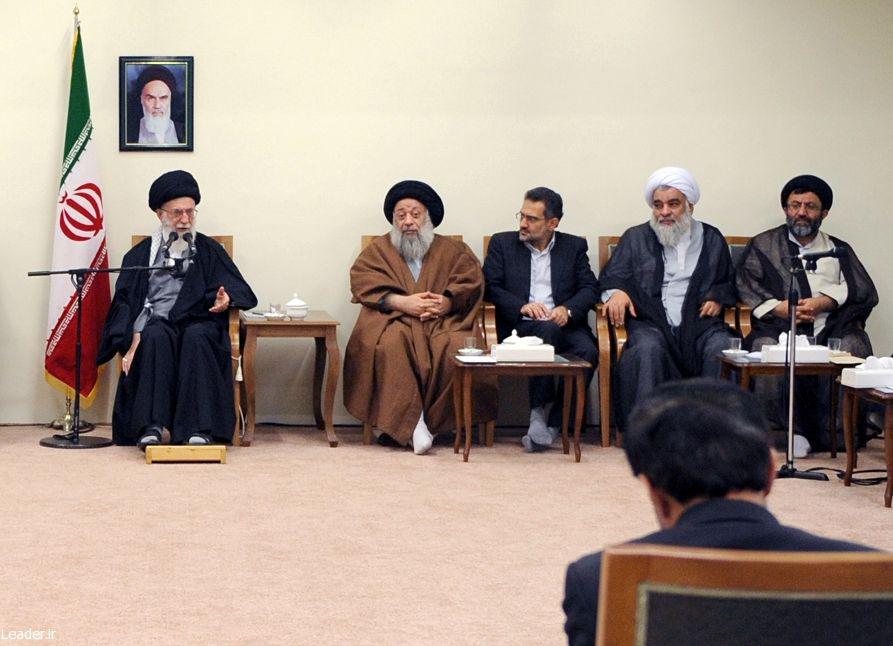Did Imam Khomeini Have the Same View as Imam Tufi?
One of the classes I’m attending this year are lessons on legal theory focusing on Expediency (al-maṣlaḥa) and Purposes of Islamic Law (al-maqāṣid al-sharʿīyyah). These lessons are being delivered by Shaykh Ḥaider Ḥobbollah in Qom. Over the first 50-odd lessons, a general outline of the discussion was covered, followed by an extensive discussion on the … Read more







